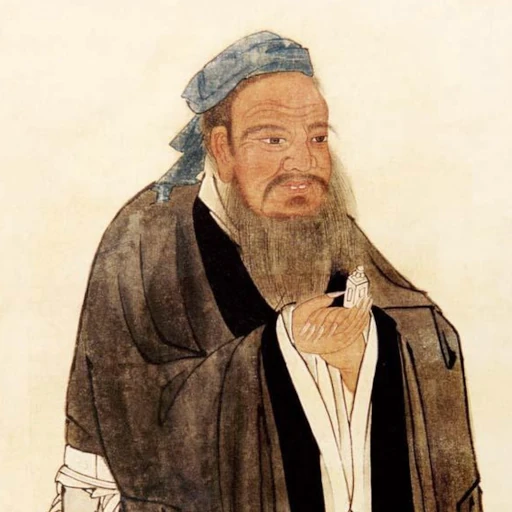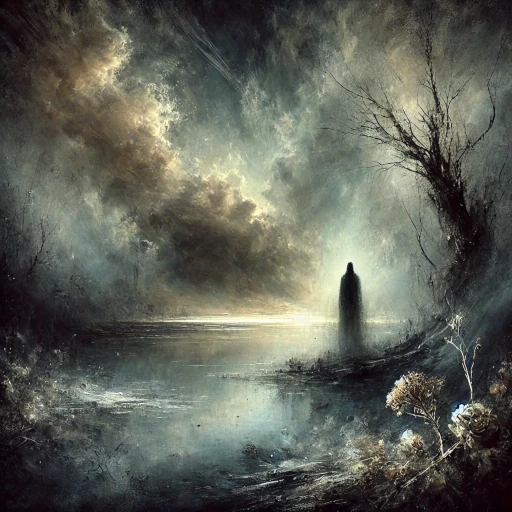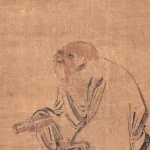“If we don’t know life, how can we know death?”

- 551 BC – 479 BC
- Han ethnicity
- Philosopher, educator, politician
- Known as the founder of Confucianism, he had a major impact on Chinese culture and the whole of East Asia through his teachings on ethics, morality, and politics.
table of contents
Quote
“If we don’t know life, how can we know death?”
Explanation
In this saying, Confucius points to the mystery of existence and the importance of understanding life before attempting to comprehend death. Confucius was more concerned with the ethical and practical aspects of life than with metaphysical speculation about death or the afterlife. This focus reflects a philosophy that values present experiences and the meaning we create in our lives through actions, relationships, and personal growth.
This idea remains relevant today, where questions about life’s purpose often lead to reflections on mortality. Confucius suggests that by fully understanding and embracing life—our roles, values, and relationships—we come closer to understanding what death may signify. For instance, someone who lives with purpose, compassion, and self-awareness is likely to face the concept of death with greater peace, viewing it as a continuation or natural end rather than something to be feared. In contrast, those who ignore life’s lessons may struggle more with the idea of death.
Confucius’s words encourage us to focus on living meaningfully and authentically. By cultivating a deep awareness of our experiences, relationships, and responsibilities, we come closer to understanding life’s natural cycles. In doing so, we gain the insight needed to face both life and death with a sense of acceptance and wisdom.





